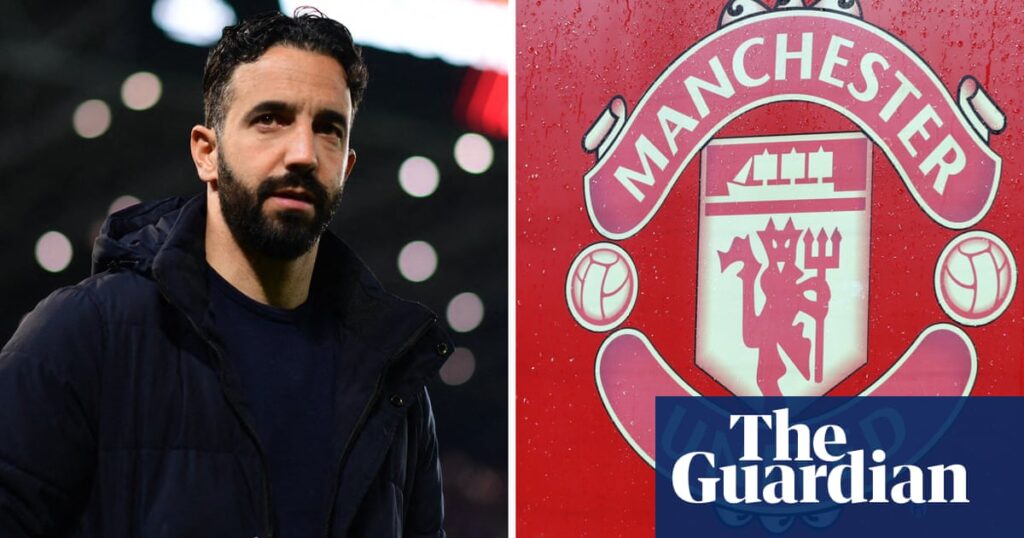Because, as the players in Squid Game season 1 discover much to their chagrin, sometimes a choice isn’t much of a choice at all. The name of season 1 episode 2 “Hell” doesn’t refer to the circumstances within the games but outside of them. Player 456 Seong Gi-hun (Lee Jung-jae) and his peers return to a real world so full of debts and threats that they all just opt to re-enter the games once again. In the end, they had the choice to leave and they had the choice to return. But that doesn’t mean they felt in control of their destiny.
That grappling with choice was the most thematically-rich aspect of Squid Game‘s first season. Now, in its second season on Netflix, Squid Game returns to the topic once again in a far grander fashion. In the process, the show expands its trenchant critique of capitalism into a larger exploration of capital, the democratic process, and the increasingly exploitative ways they can intersect. Arriving at the tail end of an election year for much of the Western world, Squid Game once again feels like the timeliest show on television.
The contestants of Squid Game season 2 aren’t afforded one choice, but several. At the conclusion of every game, the surviving players are invited to vote on whether they want the games to continue. Though he should know better from his voting experience in the 2021 version of the games, returning player 456 Gi-hun initially views this vote as a chance to save all of these wretched souls.
Thanks to Gi-hun’s pre-existing knowledge of the first challenge, “Red Light, Green Light,” the squid gamers don’t suffer too many casualties. With “only” 91 players eliminated, 365 remain to play another day. To Gi-hun, 365 souls saved is a massive victory. To those 365, however, there’s another, more important number: 9.1 billion. That’s the amount of money available in prize winnings after the 91 deaths in the first challenge. If the remaining contestants exit the challenge now, they will take home only 24 million won – or roughly $16,000 – per person.
Additionally, Gi-hun’s mere presence as a survivor of the games only confirms to the players that winning them is a possibility. And doing so will be a lot easier with him around. “We have a previous winner here. What do we have to worry about?” Player 100 (who is ₩10 billion in debt) says. Once again, the designers of the games have revealed themselves to be keen understanders of the human condition. Not having choice involved wouldn’t be as satisfying to the contest’s spectators – even the hyper rich don’t want to feel like needless butchers. But the element of choice has to be present in such as way as to not actually jeopardize the continuation of the games. In this way, Gi-hun’s involvement in another version of the games feels less like his attempt to end them and more like the Front Man using him as a carrot to dangle to keep them going.
Through the three rounds of voting featured in season 2, Squid Game takes on the rhythms of a functioning and “healthy” democracy. Voters are given “X” and “O” badges depending on which vote they cast and they quickly split into factions that resemble familiar two-party political structures. The X’s and O’s dine together, develop strategies, and even work on catchphrases with “One more game!” becoming a rallying cry of the O’s. But regardless of the votes cast and any progress made, each election always inevitably ends in another round of slaughter.


